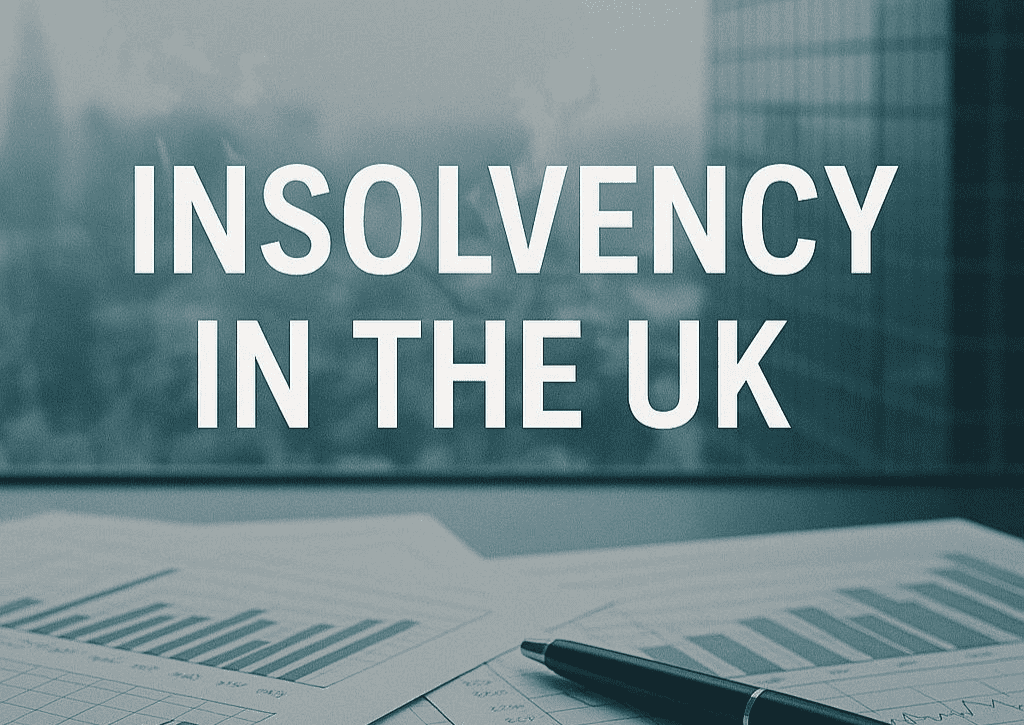
A Liquidator of a limited company is usually a Licensed Insolvency Practitioner ('IP') who has been appointed to wind up a company's affairs. What an IP is, his roles and responsibilities, the powers he has, and who and how can appoint an IP as a liquidator of a limited company are not dealt with in this article.
What Is the Role of a Liquidator
The primary role of a Liquidator is to investigate the company's affairs, collect the company's assets, realise those assets, and then distribute the proceeds to the company's creditors in the order of legal priority, and hopefully in a time- and cost-effective manner. Once any realisations are made, secured creditors would be paid first (for example, a bank that has security over a company's assets by way of a debenture), second, the Liquidator's costs of managing the liquidation, third, preferential creditors, fourth, floating charge holders and finally, any unsecured creditors being paid last.
The Liquidator's Duty to Investigate Director Conduct
A key part of enabling the Liquidator to carry out and complete the above tasks is director cooperation and engagement. In going through the above process, the Liquidator is also duty-bound to investigate the reasons why the company found itself in a position requiring liquidation. This process includes critically analysing the conduct and decision-making of the directors in the period leading up to insolvency.
What Happens When the Liquidator Establishes Misconduct by a Director
In the event the Liquidator establishes misconduct by a director, a variety of tools are available to him to ensure the director is sanctioned accordingly. This includes reporting the director's conduct to the Secretary of State for Business and Trade ('SOS'), which could result in the director being disqualified from being able to act as a director for up to a period of 15 years, and worse yet, the director also being personally liable for the company's debts.
The Liquidator could also pursue the director himself pursuant to the provisions of the Insolvency Act 1986 and the Companies Act 2006, which are available to him on behalf of the company's creditors.
Failure by a Director to Engage With or Respond to a Liquidator's Enquiries
Many directors believe that once the company has been placed into liquidation, the matter is at an end and they are no longer required to deal with or respond to any queries raised by the Liquidator. That is incorrect, and such an approach by a director could prove to be highly costly.
In the event a director fails to respond, engage in the process, provides incomplete responses or fails to deliver up and/or surrender the company's books and records to the Liquidator, pursuant to Sections 234 to 236 of the Insolvency Act 1986, the Liquidator can then issue an application at court seeking relief for the following:
- Compelling the director to respond, engage in the process, respond to queries and deliver up company documents.
- The director is compelled to attend court, sit in the witness box and then provide responses on oath to questions put to him by the Liquidator (usually through the Liquidator's appointed barrister) before a sitting judge. This can be an extremely frightening process for a director who is unfamiliar with or has never attended court.
- The director is compelled to file, lodge and provide evidence (with supporting documents and verified by a Statement of Truth) with the court in relation to the specific queries and request for documents made by the Liquidator.
- As part of the application, the Liquidator could seek a provision that, in the event the director still fails to engage in the process (after the issue of the application), the director be subject to a warrant issued by the court for his arrest until such a time that the individual complies and/or delivers up the requested information/documentation.
- A court order requiring the director to pay the Liquidator's legal costs incurred in issuing the application. These costs often run into many thousands of pounds.
Sections 234 to 236 of the Insolvency Act 1986 not only provide a framework for which a Liquidator can compel a director to engage, but the application can also be issued against any individual who has been engaged in the formation, management and running of the company. This includes company employees who were employed by the company and/or are likely to have key information regarding the company.
Recent Developments and the Case of Webb v Eversholt Rail Limited [2024] EWHC 2217 (Ch)
This article is not intended to critically analyse the case of Webb v Eversholt Rail Limited [2024] EWHC 2217 (Ch). However, in this case, it was recently determined that any office holder/Liquidator seeking to issue an application pursuant to Section 236 of the Insolvency Act 1986 must weigh up whether the requested information and/or documentation is reasonably required to enable the Liquidator to discharge his duties accordingly.
In this case, it was determined that the information/documentation requested by the Liquidator was not reasonably required, and therefore, the application and the relief sought were not granted. In light of this decision, for any application pursuant to Section 236 of the Insolvency Act 1986 to be successful, the Liquidator must be able to satisfy the court that the information/documentation sought is necessary, reasonably required and essential to the Liquidator's enquiries. This step taken by the court is likely due to prohibiting Liquidators from engaging in fishing expeditions in the hope that some information will turn up by going through the process, and preventing a Liquidator from making broad requests for information/documentation beyond the ability of the director/individual to provide or respond to.
This case highlights that although the Liquidator has a wide range of powers, those powers are not without limitation. Therefore, moving forward, prior to any such application being issued, a Liquidator will first have to review these key steps. Any failure to do so could well result in the application being rejected by the court.
What Can We at D & N Solicitors Do to Assist?
This firm is regularly instructed by company directors/former employees who find themselves subject to Section 234 to 236 applications brought about by Liquidators. This firm has a proven track record of working with clients before (and therefore removing the need for the Liquidator to move forward with the application) and after the application has been issued by the Liquidator, to protect and limit the client's exposure as far as possible.
If you have any queries arising out of the above, please do not hesitate to contact us. We at D & N Solicitors will be more than willing to assist in any way that we can.




